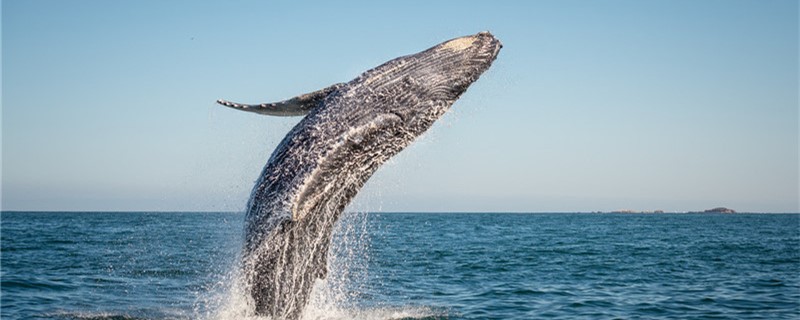
The whale is a very large creature. Although they live in water, they reproduce differently from ordinary fish because they reproduce viviparously. The breeding cycle of whales is relatively long, generally 2 years or even 3 years to breed once. Their gestation period is also relatively long, even longer than that of humans, possibly 11 and a half months or even a year. They usually have only one birth per birth, and the body length of the newborn whale is about 5 meters. Like other mammals, whales have a lactation period, about 6-7 months.
Whales live in the ocean and have many similarities with fish, so many people would think that whales, like fish, use oviparous reproduction. In fact, this is a big misunderstanding, because although whales are named after "fish", they are not actually fish, but a mammal. They originally lived on land, but later entered the water because of geological changes, which made them slowly evolve some characteristics suitable for the aquatic environment.
However, even if they have these characteristics, it does not change their mammalian attributes. As a mammal, the way of reproduction is very different from that of fish. Fish reproduce by oviposition, while whales, as mammals, reproduce by viviparity. Whales also have a lactation period. As mentioned above, their lactation period is generally 6-7 months.